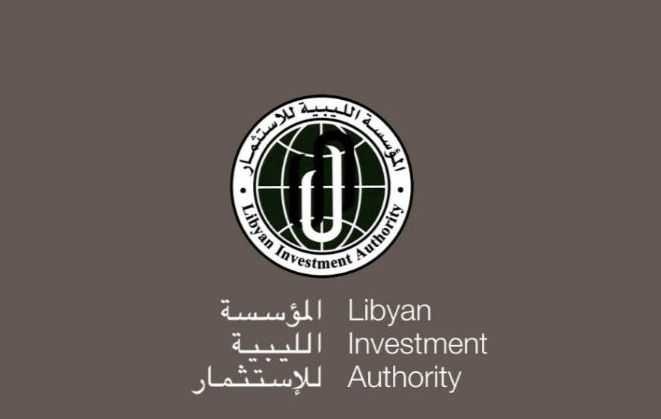By Sami Redwan
Is the tide finally turning against the rogue Libyan institutions?

The rogue Libyan institutions, which broke away from their Tripoli headquarters in 2014, are starting to resemble a small flotilla of sinking ships. Their credibility as institutions relies on their ability to claim that they are legitimate, and this has become harder and harder for them over the last few months.
Perhaps the ship which has taken on the most water is Hassan Bouhadi’s breakaway Libyan Investment Authority (LIA). Its troubles seemed to start in early October, when the English High Court rejected its application to fast-track legal proceedings in London, just two weeks before the official term of the House of Representatives (HoR) ended. This was a significant blow for all the breakaway factions, whose claims to legitimacy rest entirely on the supposed backing of an internationally recognized HoR.
Since the expiry of the HoR’s term, support for these groups has been steadily waning. The rogue institutions were the subject of criticism from the respected International Crisis Group earlier this month in a report saying that “efforts to create parallel institutions to the official ones in Tripoli should cease.” The report also noted that “most regional and international actors remain committed” to the established Libyan Central Bank, National Oil Company and Libyan Investment Authority based in Tripoli.
The difficulty, of course, for the breakaway factions is that they do not have responsibility for anything tangible. They have never controlled the operations, networks or assets of the real independent institutions, which have always been headquartered in Tripoli and continue to function there. It is little wonder that just last Friday, the London-based Financial Times was able to state categorically that “the country’s wealth and key financial institutions remain in the hands of the Tripoli authorities”.
On Saturday, in an important joint statement, the EU, the UN, the Arab League, the African Union and 17 individual countries came out in clear support of “Libya’s economic institutions.” It warned that contact will cease with “individuals claiming to be part of institutions which are not validated.” The message seems pretty clear.
The rogue institutions are trying hard to paper over their troubles, pretending that everything is just fine. Last weekend one of the rogue institutions paid for an article to be distributed about a “networking event” in Malta, which apparently had a “positive buzz” amongst delegates. They even added some photographs to show what a “positive buzz” looks like. Now, when you feel the need to tell people that your meetings have a positive buzz, it’s probably a sign that things aren’t going so well.
And things certainly don’t seem to be going well for the rogue LIA if sources speaking to Maghreb Confidential are anything to go by. The Paris-based news outlet reported on speculation that its Chairman, Hassan Bouhadi, is going to be replaced by someone new. They even named the new candidate for the job, who tactfully refused to comment.
Earlier this year it was revealed that over 23,000 of Hassan Bouhadi’s 26,000 Twitter followers are actually fake. It must be all the more disappointing for him to know that, when he Tweets that he needs a new job, 90% of his followers won’t be able to give him any careers advice.
Disclaimer: The views and opinions expressed in this article are those of the writer, and do not necessarily reflect those of the Libya Observer
